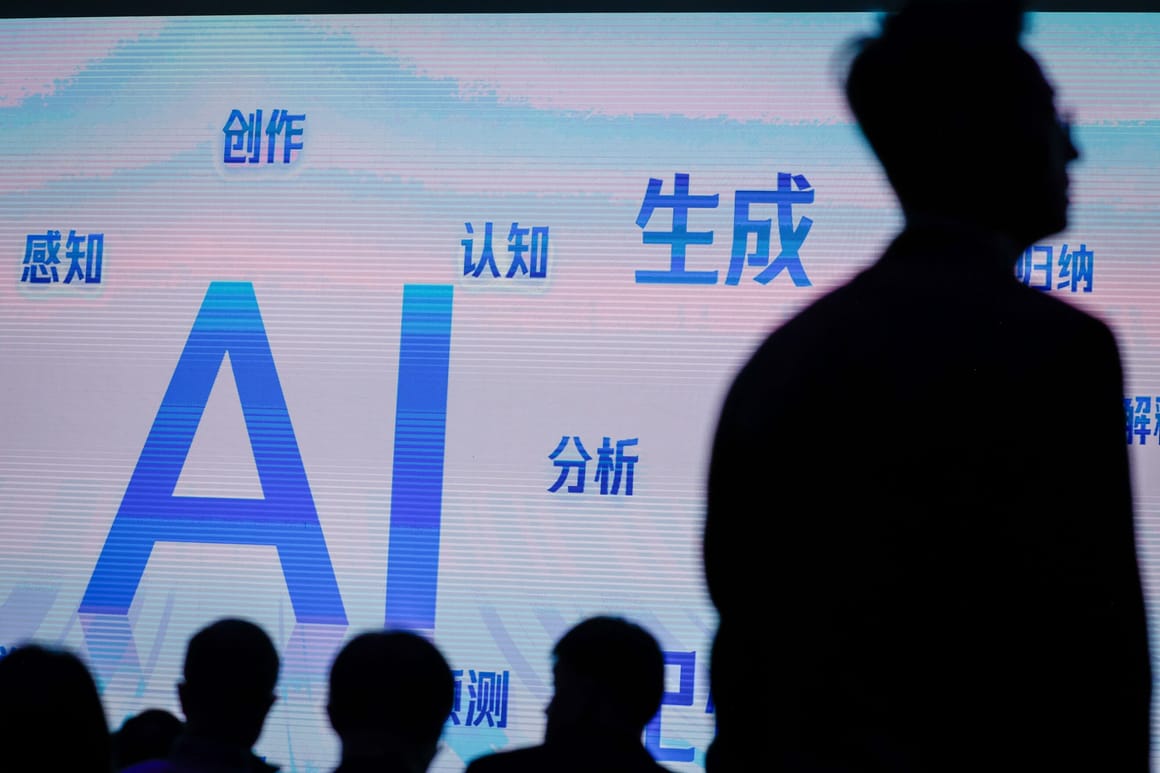Politics
Survey Reveals Over Half of Journalists Use Generative AI Tools

A recent survey conducted by researchers from the universities of Ghent and Amsterdam indicates that a significant portion of European journalists are adopting generative artificial intelligence tools in their work. The study, published on Wednesday, reveals that just over half of the 286 journalists surveyed in Belgium and the Netherlands utilize generative AI applications, such as OpenAI’s ChatGPT.
Among those who employ these tools, 32 percent reported using them weekly, while 14 percent indicated daily usage. These findings align with other industry studies, highlighting a growing trend in the newsrooms across Europe. Despite this uptake, the survey also reveals a prevailing skepticism regarding the impact of generative AI on journalism.
A striking 85 percent of respondents expressed concerns that AI could exacerbate the spread of fake news, while 83 percent believed it undermines public trust in journalism. The study highlights that while generative AI is increasingly integrated into journalistic practices, the majority of journalists remain wary of its implications.
Usage Patterns and Perceived Benefits
The survey identified the most popular applications of generative AI among journalists. Automated translation emerged as the leading use case, with 45 percent of respondents employing AI for this purpose. Additionally, 35 percent utilize it for transcribing interviews, and 30 percent for proofreading. Many journalists cited efficiency and time-saving as primary motivations for incorporating these tools into their workflows.
The researchers noted that the application of generative AI primarily supports existing tasks rather than revolutionizing journalistic processes. This suggests that while AI tools may enhance productivity, they do not fundamentally alter how journalism is practiced.
Generative AI tools gained significant attention following the rise of ChatGPT in late 2022. As these technologies become more mainstream, they also face regulatory scrutiny. The EU’s Artificial Intelligence Act imposes obligations on developers of generative AI models, requiring them to disclose training methods, adhere to copyright regulations, and mitigate high-risk factors associated with their technologies.
Future Implications for Journalism
The survey results paint a complex picture of the current landscape of journalism in Europe. While the integration of generative AI offers promising benefits in terms of efficiency and task support, the widespread concerns about misinformation and erosion of trust highlight the need for careful consideration of these tools’ implications.
As journalists navigate this evolving landscape, the balance between embracing innovation and upholding journalistic integrity remains a critical challenge. The ongoing dialogue surrounding generative AI in journalism underscores the importance of maintaining ethical standards in an age of rapid technological advancement.
-

 Top Stories3 months ago
Top Stories3 months agoTributes Surge for 9-Year-Old Leon Briody After Cancer Battle
-

 Entertainment4 months ago
Entertainment4 months agoAimee Osbourne Joins Family for Emotional Tribute to Ozzy
-

 Politics4 months ago
Politics4 months agoDanny Healy-Rae Considers Complaint After Altercation with Garda
-

 Top Stories4 months ago
Top Stories4 months agoIreland Enjoys Summer Heat as Hurricane Erin Approaches Atlantic
-

 World5 months ago
World5 months agoHawaii Commemorates 80 Years Since Hiroshima Bombing with Ceremony
-

 Top Stories3 months ago
Top Stories3 months agoNewcastle West Woman Patricia Foley Found Safe After Urgent Search
-

 Top Stories5 months ago
Top Stories5 months agoFianna Fáil TDs Urgently Consider Maire Geoghegan-Quinn for Presidency
-

 World5 months ago
World5 months agoCouple Convicted of Murdering Two-Year-Old Grandson in Wales
-

 World5 months ago
World5 months agoGaza Aid Distribution Tragedy: 20 Killed Amid Ongoing Violence
-

 World5 months ago
World5 months agoAristocrat Constance Marten and Partner Convicted of Infant Murder
-

 Top Stories4 months ago
Top Stories4 months agoClimbing Errigal: A Must-Do Summer Adventure in Donegal
-

 Top Stories4 months ago
Top Stories4 months agoHike Donegal’s Errigal Mountain NOW for Unforgettable Summer Views








